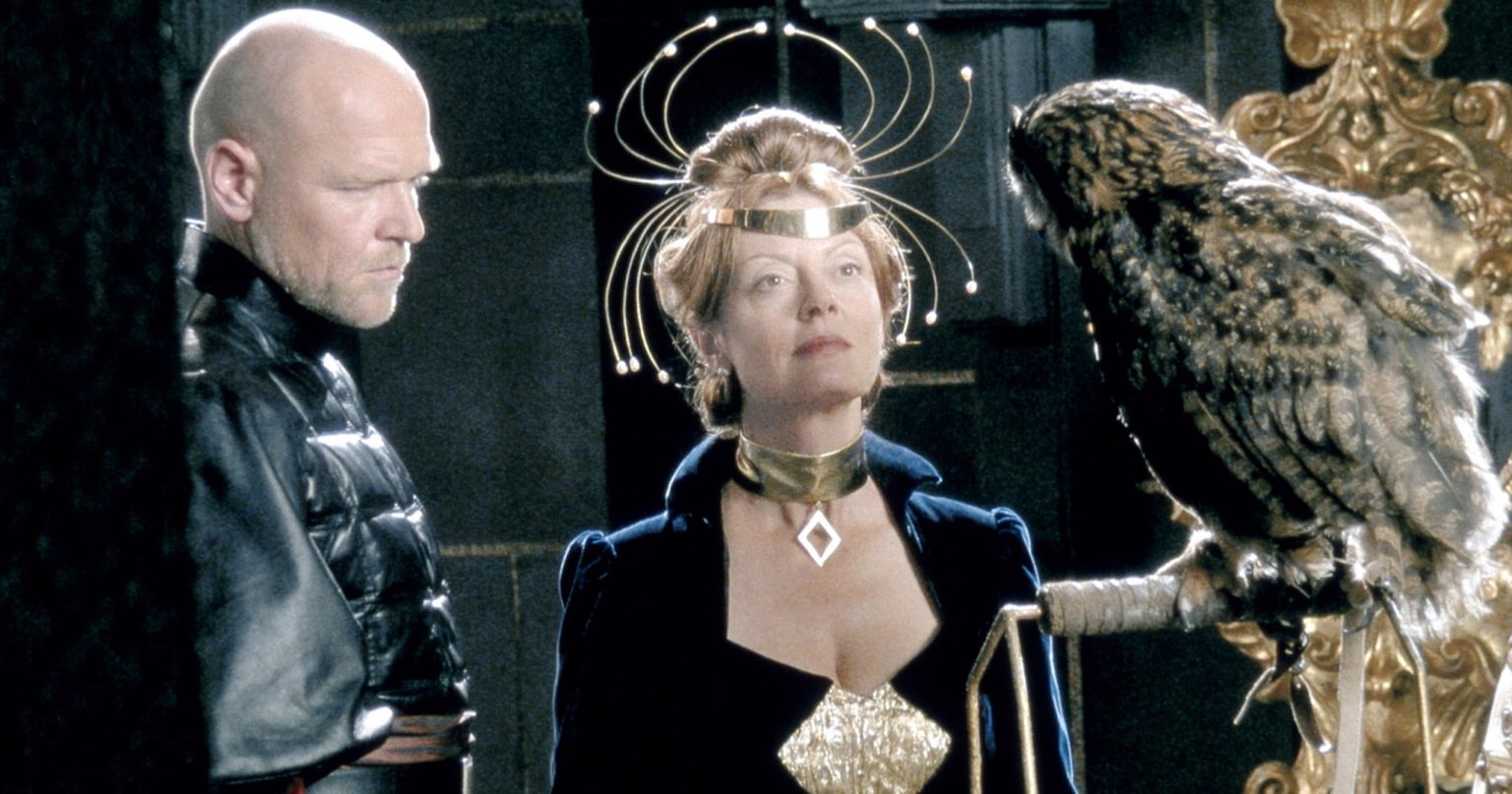Children of Dune, the third book in Frank Herbert’s Dune series, is praised for its thoughtful examination of complex ideas and its extensive use of historical and philosophical references. The book delves into the lives of Leto and Ghanima Atreides, the twin children of Paul Atreides, the hero of the first novel. TV writer Andrea Kail describes Children of Dune as a very philosophical book, with an abundance of references that blew her mind.
Science fiction author Matthew Kressel also praises the book for its smart and well-researched nature. He points out the numerous religious references, including Buddhist, Hindu, Christian, Jewish, and ancient Egyptian, as well as the inclusion of Jungian psychology. There is a wealth of ideas and worldbuilding in Children of Dune, but some critics find the pacing and characterization to be a bit dated.
Rajan Khanna, another science fiction author, brings attention to the book’s tendency to reveal important information right before it becomes relevant, which could have been woven throughout the narrative more effectively. He also criticizes the “playing coy” with the reader, where the author withholds information for the sake of mystery. However, Geek’s Guide to the Galaxy host David Barr Kirtley admires the ambition and vision of Children of Dune, even if he didn’t particularly enjoy reading it. He feels that the focus on ideas overshadowed the development of the characters.
While there are mixed opinions about the book, it is widely acknowledged as a philosophical and intellectually engaging read. The extensive use of historical and philosophical references contributes to its depth, although some readers may find the pacing and characterization lacking. Ultimately, Children of Dune balances ambitious ideas with a focus on worldbuilding, creating a thought-provoking experience for fans of the Dune series.









